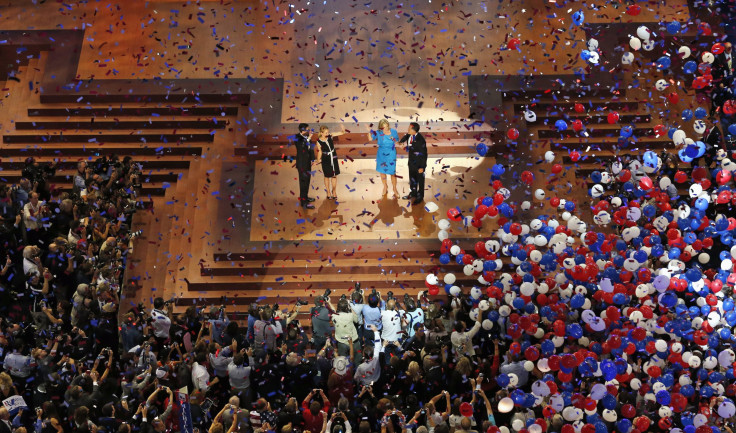What Is A Brokered Convention? Marco Rubio Preparing For Unclear Party Primary Nominee

Republican presidential candidate Marco Rubio’s campaign is reportedly gearing up for a potential brokered convention in a clear sign that businessman Donald Trump is being treated as a major threat to win the Republican nomination — or at least keep other candidates from doing so in their own right. After winning three of the first four states to vote so far in 2016, Trump is looking more and more likely to steamroll through the Super Tuesday elections March 1, but his challengers are struggling to find a way to beat him back.
A brokered convention occurs when a candidate is unable to pull together the 1,237 delegates needed to win the nomination out of the 2,340 delegates that are available. If a candidate has that benchmark delegate count going into the Cleveland Republican Convention in July, then delegates will vote in the first round and the nominee is set. If nobody has enough delegates to meet that quota, things get much more interesting.
After the first round, the delegates will then be freed up from their required commitment to vote for the candidate they originally supported and can engage in some high-stakes political horse trading, making deals to change their vote. That freedom could result in the candidate with the most delegates losing support during subsequent votes to other candidates and unpredictable results.
However, brokered conventions aren’t terribly common in modern American politics. Since the 1960s, conventions have served largely as symbolic events with little sway over who becomes the nominee. Primary and caucus voters tend to choose the nominee outright, and potentially ugly and damaging conventions are therefore avoided. Before the 1960s however, contested conventions were quite common. They could last for days and one lasted through 102 separate ballots before John W. Davis was nominated in 1924, according to Real Clear Politics.
© Copyright IBTimes 2024. All rights reserved.





















